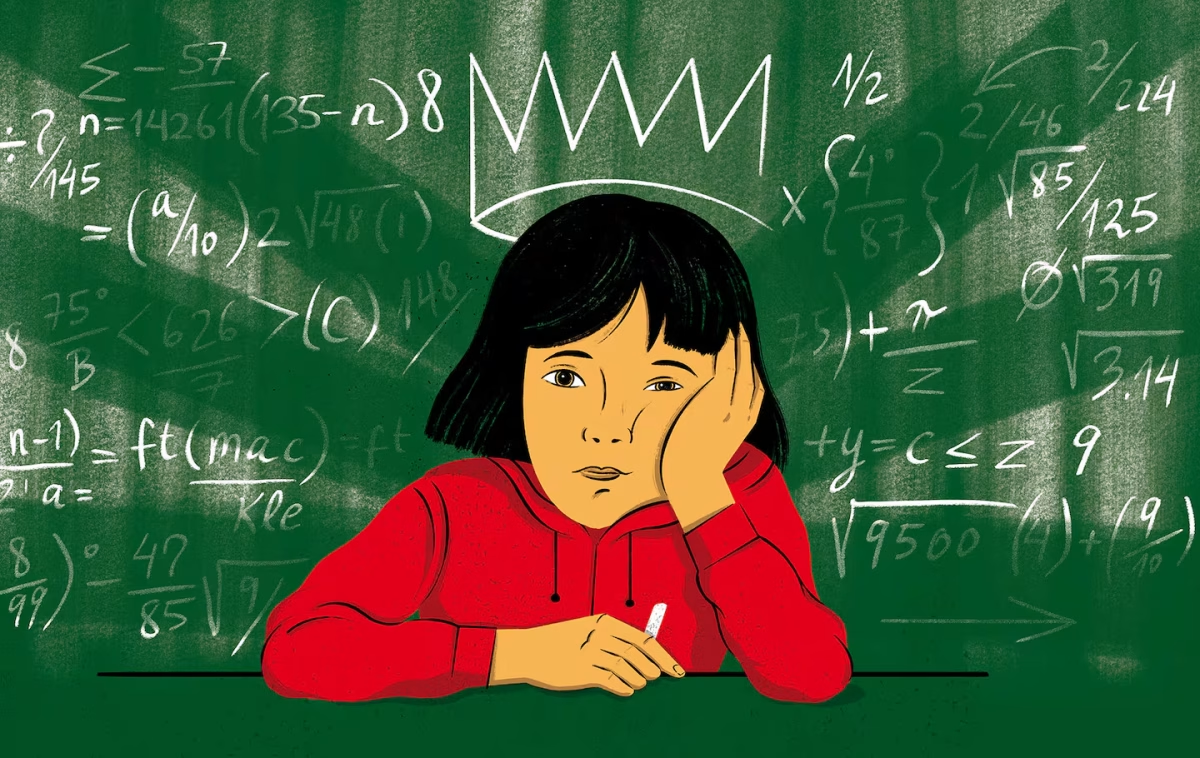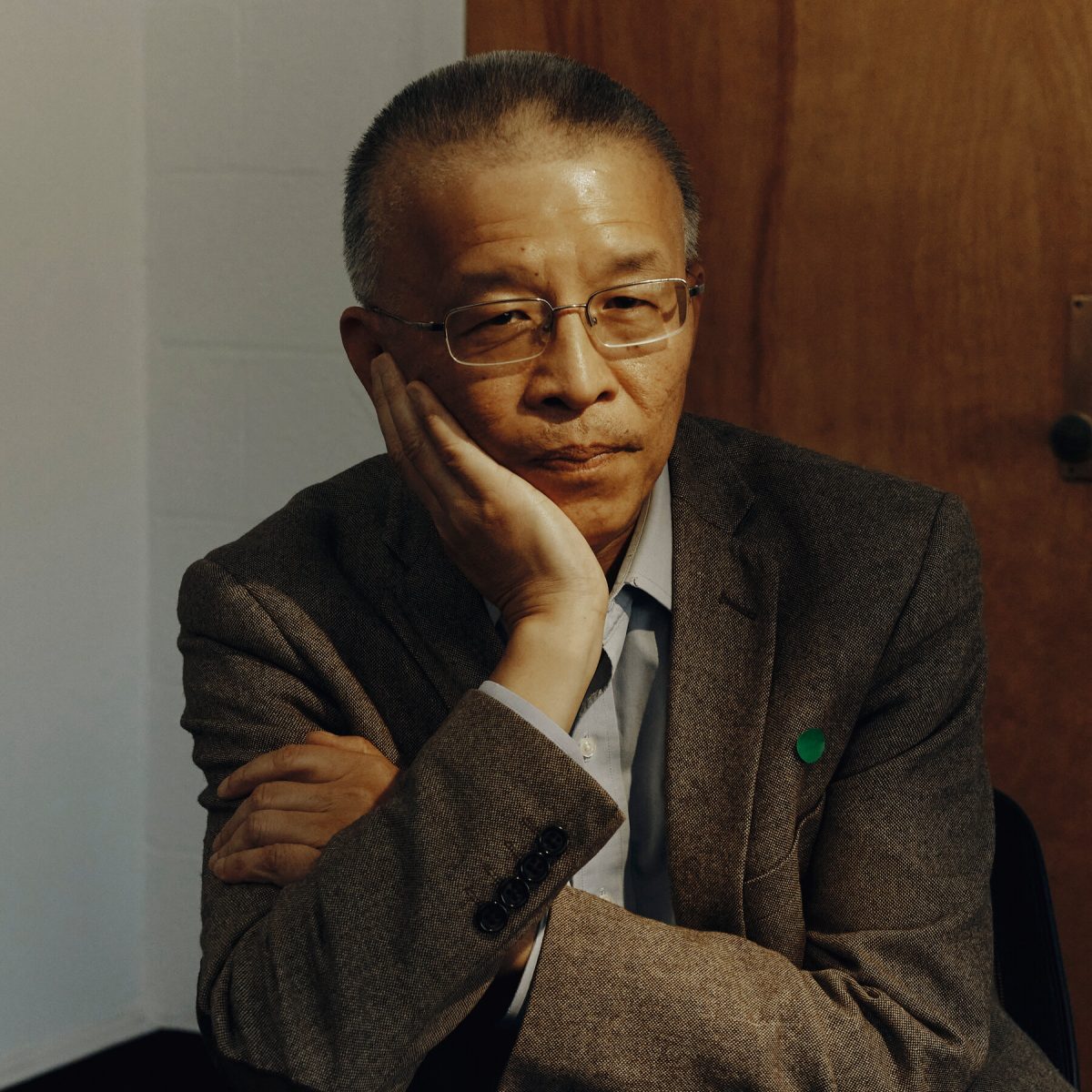On April 7, 2022, University of Kansas Professor Feng Tao was convicted of program fraud by not disclosing that he had done research work at Chinese universities. The judge on the case, District Judge Julie Robinson, commented on how very little evidence was provided by the prosecution in the case and how Professor Tao’s research was fundamental to the scientific community. Nevertheless, he could still end up either serving up to ten years in prison or having to pay a fine of $250,000 as a result of this.
Tao’s conviction stems from a U.S. Department of Justice program most political analysts have referred to as the “China Initiative,” which outlines a crackdown on Chinese intellectuals in American academia in order to “to prevent the Chinese government from stealing U.S.-funded technologies,” according to science policy reporter Jeffrey Mervis. Although the initiative is now ending, it has had, and will most likely continue to have, various harmful impacts on education, relations between China and the U.S., and views on Chinese people as a whole.
According to Assistant Attorney General Matthew G. Olsen, the initiative is being ended due to the perception that it unjustly targeted ethnic Chinese people for prosecution. In an article for The Washington Post, Olsen also said that he and his colleagues have come to the conclusion that “this initiative is not the right approach to meet the threat [China’s economic and technological rise] in the coming years.”
Many, however, believe the damage has already been done. Professor Gang Chen of the Massachusetts Institute of Technology, who was also targeted by the Department of Justice, wrote in an Op-Ed for The Boston Globe that those who started this initiative “managed to blunt one of our great strengths as a nation, our rich history of academic research and collaboration, which leads to discoveries happening here instead of in some other country.” Furthermore, the initiative deterred researchers and those in academia from working in China. Chen also took aim at what some perceive to be the sinophobic (or anti-Chinese) nature of the initiative, writing, “The promise of this nation is that race is not supposed to matter. But it is hard for me to look at the China Initiative and conclude that was the case.”
It isn’t just Professor Chen who feels this way. The China Project, a New York news organization focused on reporting news relating to China, launched the Sinophobia tracker in direct response to the D.O.J.’s “China Initiative.” In an article explaining the Sinophobia tracker titled “The New Yellow Peril,” editor-in-chief Jeremy Goldkorn wrote that “the rhetoric from Washington, D.C., threatens to elide all those [political] differences, and position ethnically Chinese people in the U.S. as a monolithic threat.”
Compounding all of this is the fact that sinophobia, in general, has been on the rise in the United States. A Pew Research study conducted in May of 2022 found that one-in-five Asian Americans said that they worry daily or almost daily about being threatened or attacked because of their ethnicity.
Many academics have been scared away from working with Chinese academics due to this initiative. Regardless, many can feel relieved that this is finally over, and that there is a push for less academic hostility between the U.S. and China.


























